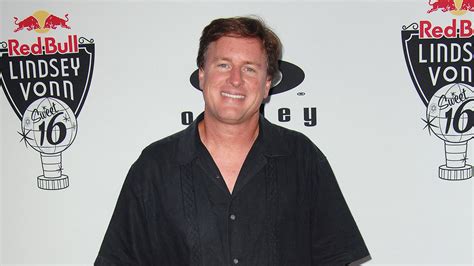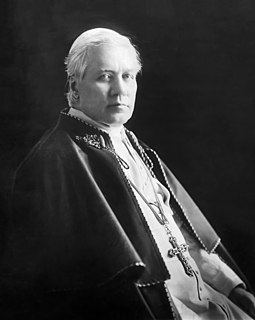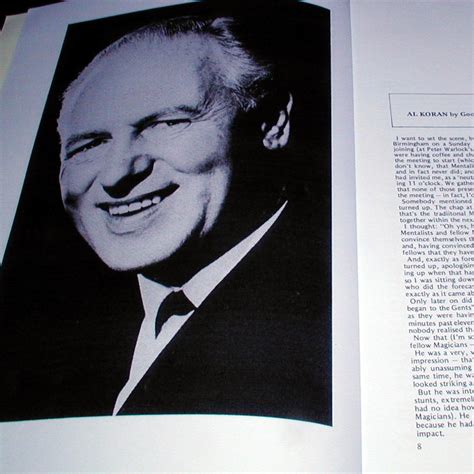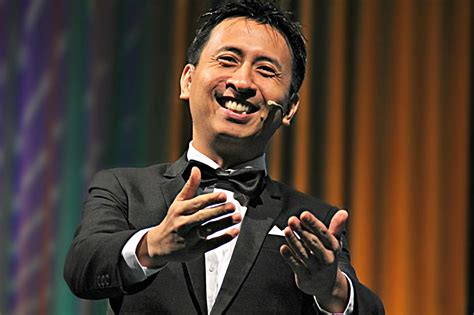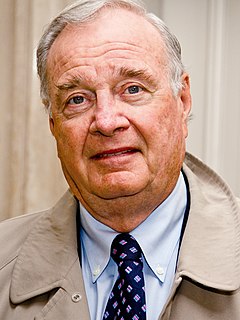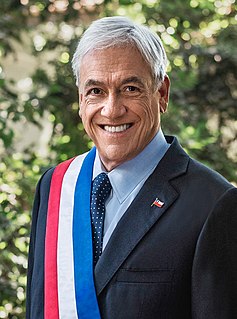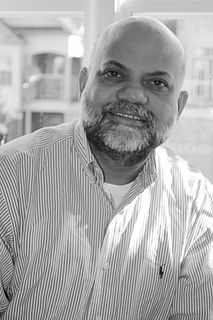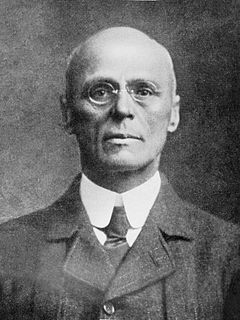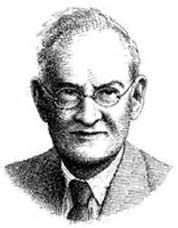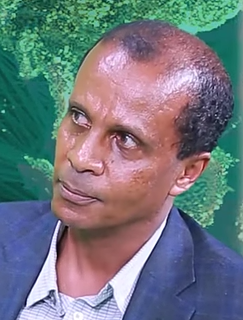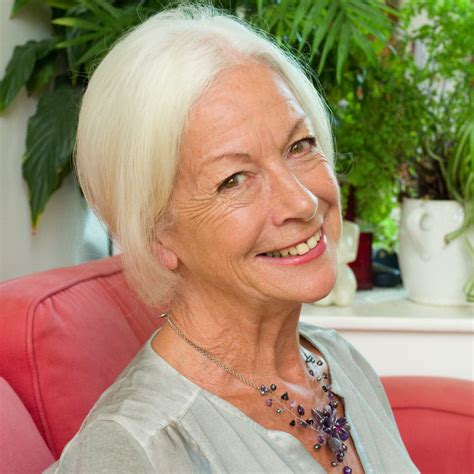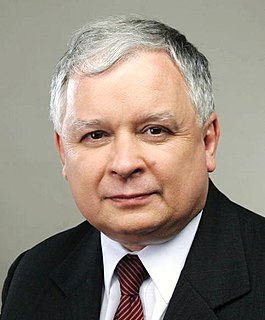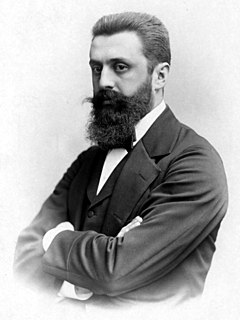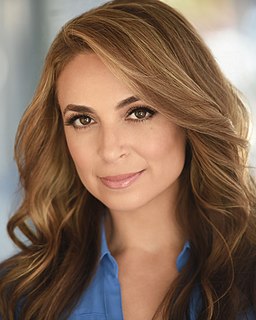Top 1200 Poor Countries Quotes & Sayings - Page 3
Explore popular Poor Countries quotes.
Last updated on November 27, 2024.
Outside of a Grand Slam, I don't think there's a tournament in the world that has this many top players representing their countries. It's really remarkable that we have this many No. 1's. And with so many countries being represented, it's going to give the fans from Las Vegas who are from those countries a chance to come out and root for their countrymen.
Poverty assumes so many aspects here in India. There aren't only the poor that you see in the cities, there are the poor among the tribes, the poor who live in the forest, the poor who live on the mountains. Should we ignore them as long as the poor in the cities are better off? And better off with reference to what? To what people wanted ten years ago? Then it seemed like so much. Today it's no longer so much.
Both rich and poor nations have a common stake in policies that put the globe on a sustainable development path. The conflict is less between poor and rich countries than between the broad interests of people and the narrow interests of extractive industries. We need to find our way towards some kind of global regime that reduces emissions of the greenhouse gases, but well-off nations need to transfer the technology to make this possible, rather than viewing this shift as one more opportunity for private industry to profit.
This is the first global crisis that doesn't start in poor countries and it was caused by the rich countries. So it's necessary to take advantage of this crisis - the financial system has to be regulated. It's necessary that the central banks in the world should control a little bit the banks' financing, because they cannot bypass a certain range of leverage. And I believe that there's no other - more any reason for a G-8 group or any other "G." I believe that we should guarantee that the G-20 should be now an important forum to discuss the major economic issues of the world.
Toward the middle and end of the Fifties, West European countries became somewhat more important as providers of aid to underdeveloped countries. It was partly due to the prodding of the United States that these countries, as they regained economic viability, should shoulder their share of the aid burden.
God wants us to show compassion and understanding toward the unemployed or the poor not because they are poor, but because poor people, with help from those who are already successful, can become rich. And when the poor become rich, all will benefit, because in our modern economy new unemployment is the first sign of economic growth.
America is among the countries the advance countries with the least equality of opportunity, which means that the - while I prospects of young American, a more dependent on the income and education's parents (ph) than another - other countries. So this notion of equal opportunity is sort of American dream is, is now a myth.
Most people believe that inequality is rising - and indeed it has been rising for a while in a number of rich countries. And there is lots of talk and realization of this. It's harder to understand that at the same time, you can actually have global inequality going down. Technically speaking, national inequality can increase in every single country and yet global inequality can go down. And why it is going down is because very large, populous, and relatively poor countries like India and China are growing quite fast.
